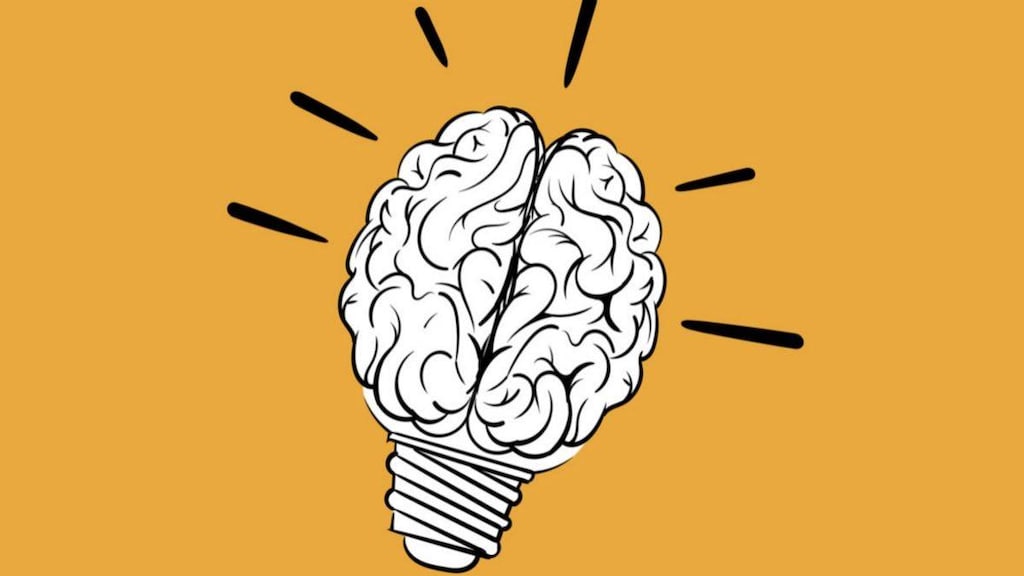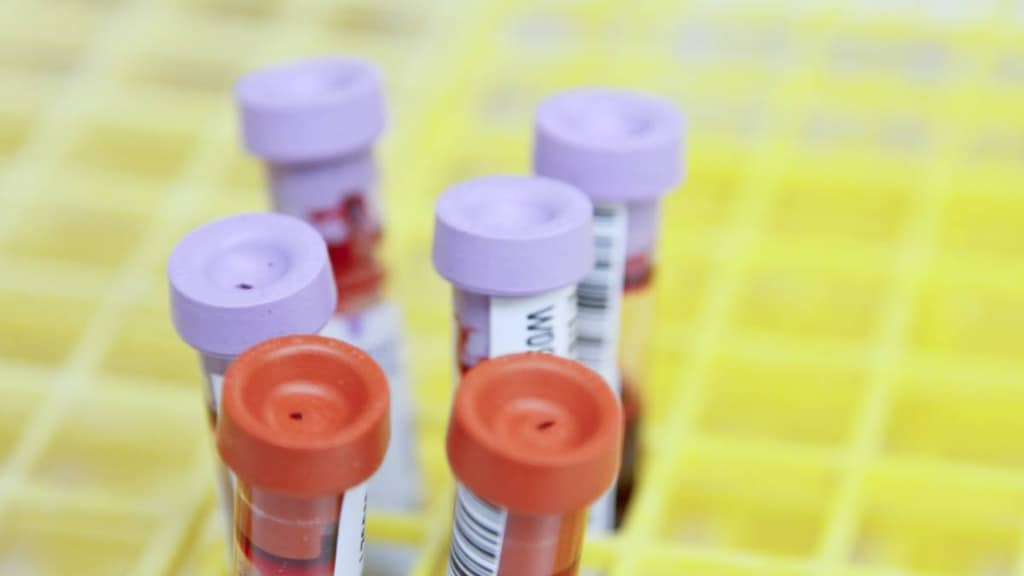Multiple Sclerosis: What Causes It?

Multiple sclerosis (MS) is a lifelong disease that damages your central nervous system, which includes your brain and spinal cord. MS has always been a mysterious disease. It develops in people who are in the prime of their lives. No single test can be used to diagnose the disease, and symptoms often come and go unpredictably.
MS also affects each person differently. For some, the disease remains mild throughout life. For others, MS can be life-changing.
The exact cause of MS is unknown, but it's probably a combination of factors. It involves the body’s defense system—the immune system—and runs in families, so there are also some genetic causes of MS. The MS genes are probably activated by environmental factors.
Multiple sclerosis and your immune system
MS is considered an autoimmune disease. Your immune system protects you from germs like viruses or bacteria with specialized immune system cells that destroy the germs. However, in autoimmune diseases, the immune system mistakenly attacks the body's healthy tissues instead. If you have MS, your immune system attacks the fatty covering around nerves, called myelin.
Myelin protects your nerves, like the plastic outer coating around an electric wire protects the wire. In MS, the immune system causes small areas of inflammation in myelin. These are called MS lesions. Over time, lesions turn into patches of scar tissue, known as sclerosis. To diagnose MS, your doctor must find multiple areas of this scar tissue, which is why the disease is called “multiple sclerosis.” Inflammation and sclerosis can both interfere with nerve transmissions and cause MS symptoms.
Multiple sclerosis and your genes
In MS, attacks by the immune system can lead to symptoms, but what causes the immune system to go haywire in the first place? One possibility is genetics—genes passed down through families. About 200 genes that may contribute to MS have been identified, and inheriting any of these genes may put you at higher risk of developing the condition. If you have MS, the chances of passing the disease to your child are about 2 to 3 percent.
But MS is not strictly an inherited disease. Even if one identical twin has MS, the chance of the other twin (who has the same genes) developing MS is only 1 in 4. This suggests that other factors must be involved to trigger MS.
Multiple sclerosis and environmental triggers
Something that triggers a genetic susceptibility after birth is called an environmental trigger. Several possibilities might trigger MS genes to become active, such as:
- Geographic location. The farther north or south you live from the equator, the higher your risk for MS. If you live close to the equator and move far north or south before age 15, your risk goes up.
- Vitamin D. Low levels of vitamin D have been linked to MS. You need sunlight exposure to make vitamin D, which may explain why living far from the equator (meaning fewer hours of sunlight) is a risk factor. Vitamin D is important for healthy immune system functions, so having a higher level may protect you against developing MS.
- Viral infection. Viral infections may activate certain genes. The virus that causes mononucleosis may be one infection linked to MS, and it's possible that other viruses may also be triggers.
- Gender. Women are up to four times more likely to have MS than men, so there's probably a link between female hormones and MS. Pregnancy seems to stop disease activity for a while, but it may flare after pregnancy. This also suggests that hormones have a large role in the disease.
- Smoking. People who smoke may be up to three times more likely to develop MS.
- Obesity. Obesity, especially during childhood or early adulthood, has recently been linked to MS, especially in girls. Women have more body fat than men, and body fat increases inflammation, so this may be another reason why MS is more common in women.
Symptoms of multiple sclerosis
MS symptoms caused by an autoimmune attack on myelin are called primary symptoms. These include:
- Weakness
- Loss of balance
- Blurry or double vision
- Numbness
- Tremors
- Pain
- Loss of movement
- Bladder or bowel problems
Many other common symptoms vary from person to person. These include fatigue, tingling, trouble walking and dizziness. Mental changes can include trouble concentrating, problems remembering or focusing and depression.
Article references
- NIH, Multiple Sclerosis Information Page https://www.ninds.nih.gov/Disorders/All-Disorders/Multiple-Sclerosis-Information-Page
- Johns Hopkins Medicine, Multiple Sclerosis (MS) https://www.hopkinsmedicine.org/health/conditions-and-diseases/multiple-sclerosis-ms
- National Multiple Sclerosis Society, What Causes MS? https://www.nationalmssociety.org/What-is-MS/What-Causes-MS
- NHS, Causes Multiple Sclerosis https://www.nhs.uk/conditions/multiple-sclerosis/causes/
- Johns Hopkins Medicine, Multiple Sclerosis: Why Are Women More at Risk? https://www.hopkinsmedicine.org/health/conditions-and-diseases/multiple-sclerosis-ms/multiple-sclerosis-why-are-women-more-at-risk




